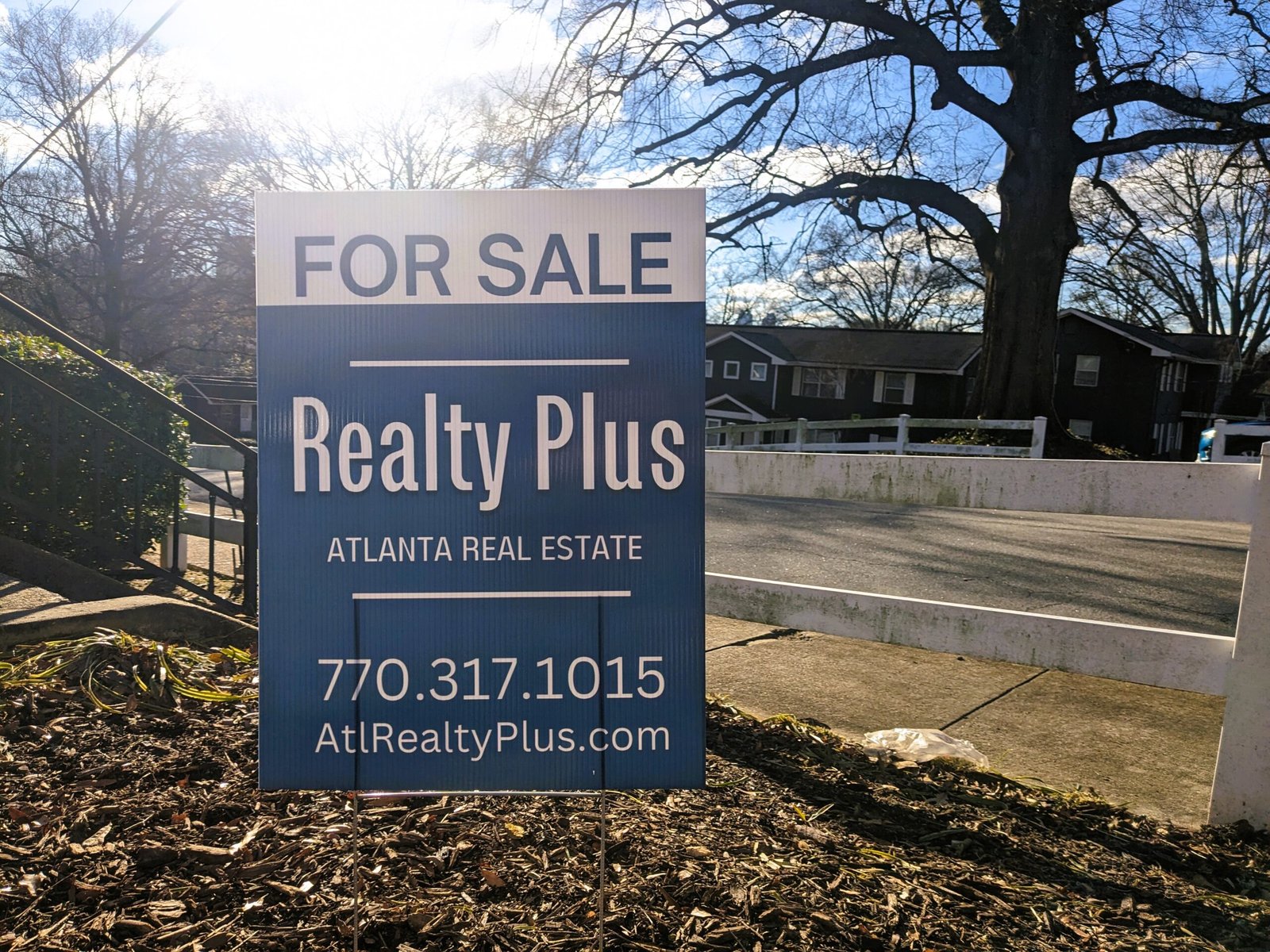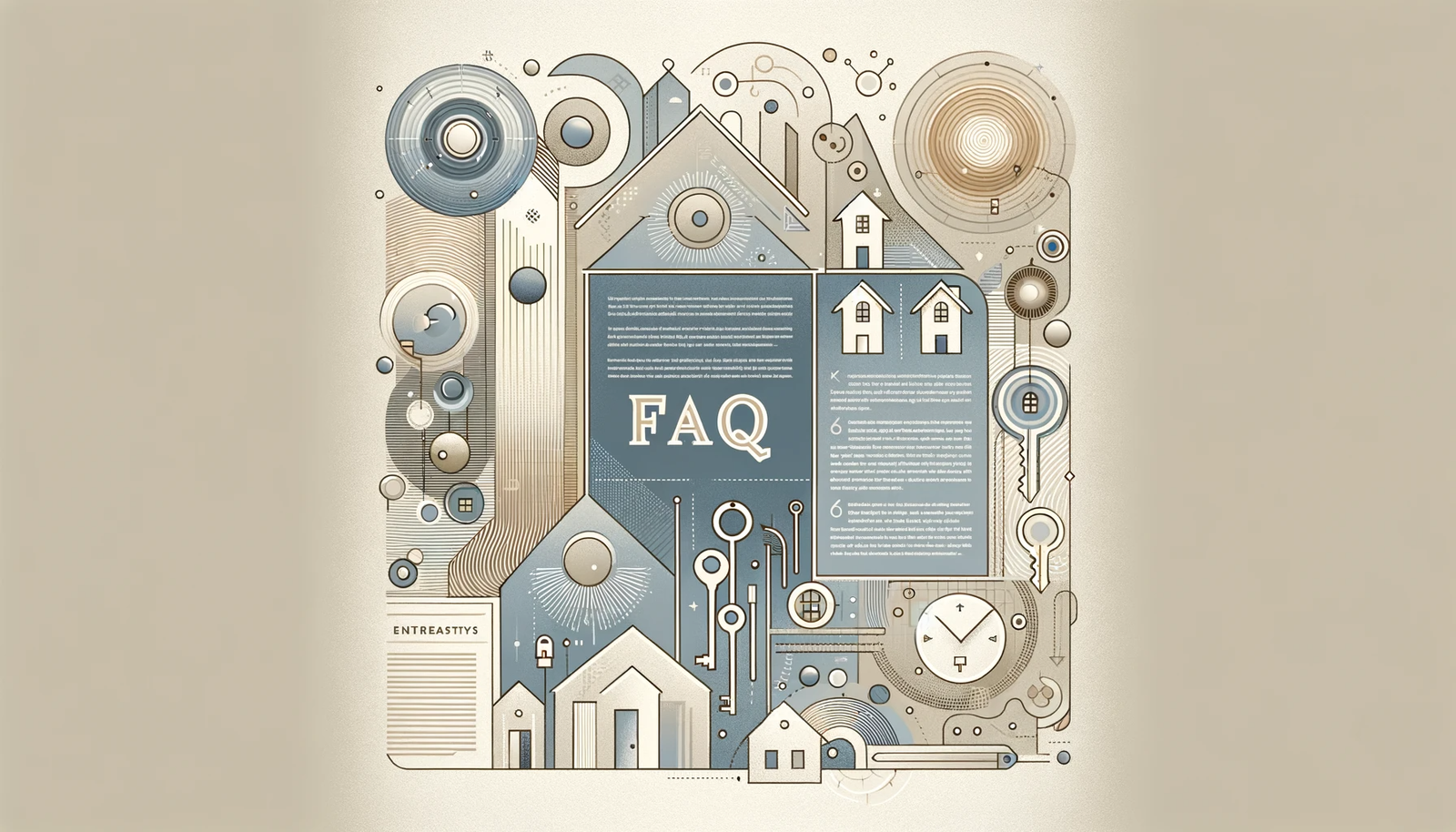

- Atlanta Real Estate, Owner Financing Homes, Smart Contracts, Top News
Is Owner Financing Right for You? Key Questions to Ask
- By Rich Shelor
Introduction
Owner financing has become an attractive option for many prospective homebuyers, particularly those facing obstacles with traditional mortgage lending. Whether it’s due to credit challenges, a desire for flexible terms, or a need to close a deal quickly, owner financing offers unique advantages. However, like any financial decision, it’s essential to weigh the pros and cons before moving forward. This article is designed to help you determine if owner financing is the right choice for you by guiding you through critical questions that will clarify your options.
1. What Are Your Financial Goals?
Before considering owner financing, it’s essential to have a clear understanding of your financial goals. Ask yourself:
- Are you looking for a long-term home or a temporary solution?
- Is building equity a priority, or is immediate homeownership more important?
- How comfortable are you with paying a potentially higher interest rate?
Owner financing can offer more flexibility than a conventional mortgage, but it often comes with trade-offs, such as higher interest rates or shorter loan terms. Knowing what you want financially will help you determine if owner financing aligns with your objectives.
2. How Is Your Credit?
One of the biggest draws of owner financing is the ability to bypass the traditional mortgage approval process, which often hinges on having a good credit score. However, this doesn’t mean that credit isn’t important. Sellers offering owner financing may still conduct a credit check, and they might be more cautious if your credit history has significant blemishes.
Key considerations:
- Do you have a plan to improve your credit score in the future?
- How will your current credit situation impact your negotiating power?
Understanding your credit position will help you anticipate the terms a seller might offer and allow you to negotiate a deal that works in your favor.
3. What’s Your Budget?
Knowing what you can afford is crucial when considering owner financing. Unlike traditional mortgages, where lenders typically impose strict debt-to-income ratios, owner financing offers more flexibility. However, this flexibility can be a double-edged sword if you’re not realistic about your budget.
Steps to take:
- Calculate Your Monthly Payment: Start by estimating what your monthly payment would be based on the purchase price, down payment, interest rate, and loan term.
- Factor in Additional Costs: Don’t forget property taxes, insurance, and maintenance costs.
- Assess Your Financial Stability: Ensure that your income can comfortably cover these payments, even if unexpected expenses arise.
By clearly defining your budget, you can avoid overextending yourself and ensure that owner financing remains a sustainable option.
4. How Much Can You Afford for a Down Payment?
Owner financing typically requires a substantial down payment, often between 5% and 10% of the purchase price. While this is generally less than the 20% required by traditional lenders to avoid private mortgage insurance (PMI), it’s still a significant sum.
Things to consider:
- Do you have enough savings to cover the down payment without depleting your emergency fund?
- Are you prepared to handle any upfront costs, such as closing fees or initial repairs?
The down payment is a crucial component of owner financing, and being prepared will help you secure more favorable terms.
5. Can You Handle the Risk of a Balloon Payment?
Many owner financing agreements include a balloon payment, which is a lump sum due at the end of the loan term. This can be a major challenge if you’re not financially prepared.
Questions to ask:
- Will you be able to refinance or secure a traditional mortgage to pay off the balloon payment when it’s due?
- What’s your plan if interest rates rise, making refinancing more expensive?
Understanding the implications of a balloon payment is vital, as it can significantly impact your long-term financial stability.
6. Are You Comfortable with the Terms of the Deal?
Owner financing deals are often more flexible than traditional mortgages, but that flexibility can lead to varied terms. It’s essential to ensure you’re comfortable with the specific terms being offered by the seller.
Key elements to review:
- Interest rate and payment schedule
- Length of the loan term
- Penalties for missed payments or default
- Who’s responsible for property taxes and insurance?
Take the time to review and understand every aspect of the deal. If necessary, consult with a real estate attorney to ensure the terms are fair and protect your interests.
7. Is the Property in Good Condition?
Owner financing is often used for properties that may not qualify for conventional financing, such as fixer-uppers. While buying a home “as-is” can be an opportunity, it’s essential to thoroughly assess the property’s condition.
Steps to take:
- Hire a professional inspector to evaluate the property.
- Consider the costs of any necessary repairs or renovations.
- Determine if the property’s value justifies the asking price.
Being diligent about the property’s condition will help you avoid potential pitfalls and ensure you’re making a sound investment.
8. Do You Have an Exit Strategy?
An exit strategy is crucial when entering an owner financing agreement, especially if there’s a balloon payment involved. Having a plan in place will help you avoid financial strain down the road.
Options include:
- Refinancing the loan with a traditional mortgage before the balloon payment is due.
- Selling the property if its value has appreciated.
- Paying off the remaining balance with savings or other assets.
Planning your exit from the start ensures that you won’t be caught off guard when the time comes to fulfill your obligations.
Owner financing can be an excellent option for many homebuyers, but it’s not without its challenges. By carefully considering these questions, you can make an informed decision about whether owner financing is right for you. Remember, the key to success with owner financing lies in understanding your financial situation, negotiating favorable terms, and planning for the future. With the right approach, owner financing can open the door to homeownership and provide the flexibility you need to achieve your goals.
Related Posts


Success Stories: Profit Off Rezoning Lots In Atlanta
Modern Marketing

Securing Lucrative Real Estate Deals with Minimal Upfront Investment
Learn how option contracts can help real estate investors lock in high-potential properties with minimal risk and upfront costs. Discover the strategies, benefits, and steps to leverage this powerful tool for maximizing profits in the competitive Atlanta real estate market.

Success Stories: Profit Off Rezoning Lots In Atlanta
Discover how strategic lot rezoning in Atlanta can turn undervalued properties into high-performing investments. Learn the steps, benefits, and success stories that showcase the transformative power of rezoning in the booming Atlanta real estate market.

Mastering Real Estate Deals: Key Metrics Evaluation Strategies
Unlock the potential of real estate syndication by learning how to evaluate deals like a seasoned investor. This guide demystifies essential metrics and provides actionable insights to help you make informed, profitable decisions.

Unlocking Real Estate Syndication $100k
educating yourself, defining your goals, building a network, and conducting thorough due diligence—you position yourself for success in the world of real estate syndication. Remember, every investment carries risks, but with careful planning and informed decisions, you can navigate these challenges.

Real Estate Syndication: Pooling Resources for Bigger Investment Opportunities in Atlanta
Real estate syndication enables investors to pool their capital and expertise to acquire larger properties that would otherwise be unattainable individually. Learn how this powerful investment strategy works, its benefits, risks, and how you can use it to capitalize on Atlanta’s growing real estate market.

Mastering Lease Options: A Flexible Strategy for Real Estate Investors in Atlanta
Lease options offer a versatile way to control properties, generate income, and reduce risk. In this comprehensive guide, discover how to master this flexible strategy and apply it to the Atlanta real estate market.

Accelerate Depreciation Deductions for Maximum Tax Benefits
Unlock the full potential of your real estate investments by combining cost segregation with a 1031 exchange. Learn how this powerful strategy can accelerate depreciation deductions and maximize your tax savings.
Advance AI Business Analysis

Securing Lucrative Real Estate Deals with Minimal Upfront Investment

Success Stories: Profit Off Rezoning Lots In Atlanta

Mastering Real Estate Deals: Key Metrics Evaluation Strategies

Unlocking Real Estate Syndication $100k

Real Estate Syndication: Pooling Resources for Bigger Investment Opportunities in Atlanta
© 2024 All Rights Reserved.






